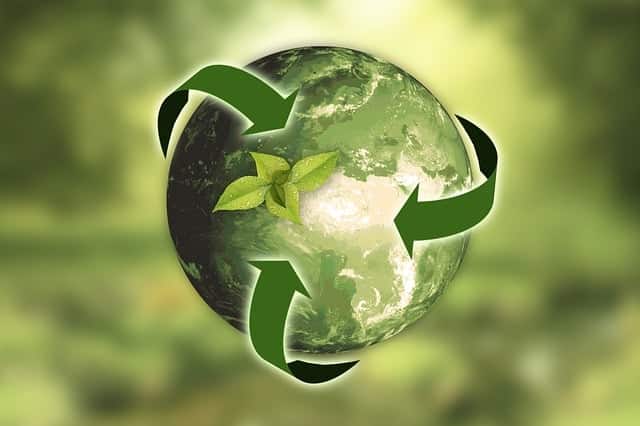What is Sustainability: A Comprehensive Guide
The word “sustainability” is thrown around frequently, but what does it truly mean? It’s not just a trendy buzzword; it’s a complex, multifaceted concept that touches every aspect of our lives, from the food we eat to the energy we use.
This post delves deep into the meaning of sustainability, exploring its core principles, its interconnectedness with various fields, and its relevance in the modern world.
Defining Sustainability: A Balancing Act
At its core, sustainability is about meeting the needs of the present without compromising the ability of future generations to meet their own needs. This simple definition encapsulates a key principle: intergenerational equity.
Sustainability isn’t about sacrificing our present for the future; it’s about finding a way to live harmoniously with the planet and ensure its resources are available for generations to come.
The Three Pillars of Sustainability
The concept of sustainability is often visualized as a three-legged stool, with each leg representing a crucial pillar:
Environmental Sustainability: This focuses on preserving natural resources, minimizing pollution, and protecting ecosystems. It encompasses issues like climate change, biodiversity loss, and resource depletion.
* **Social Sustainability:** This emphasizes equity, justice, and social well-being. It addresses issues like poverty, inequality, and access to education and healthcare.
* **Economic Sustainability:** This ensures long-term economic growth and prosperity while minimizing negative environmental and social impacts. It encompasses factors like sustainable business practices, fair trade, and responsible investment.
These three pillars are interconnected and interdependent. For example, promoting economic sustainability through responsible tourism can help protect ecosystems and support local communities (achieving environmental and social sustainability).
Sustainability in Action: Real-world Examples
Sustainability is not a theoretical concept; it’s being implemented in various sectors across the globe:
* **Renewable Energy:** Transitioning from fossil fuels to renewable energy sources like solar, wind, and hydro power helps mitigate climate change and reduce our reliance on finite resources.
* **Sustainable Agriculture:** Practices like organic farming, crop rotation, and agroforestry promote biodiversity, soil health, and reduce chemical use.
* **Green Building:** Designing and constructing buildings with energy-efficient materials, renewable energy sources, and sustainable water management systems reduces environmental impact and promotes healthier living spaces.
* **Circular Economy:** This model seeks to minimize waste and maximize resource use by reusing, repairing, and recycling materials. This approach helps reduce pollution and conserve natural resources.
* **Sustainable Transportation:** Promoting walking, cycling, public transportation, and electric vehicles helps reduce traffic congestion, air pollution, and greenhouse gas emissions.
The Importance of Individual Action
While large-scale initiatives are crucial, individual actions play a vital role in creating a sustainable future. Here are a few ways you can contribute:
* **Reduce your environmental footprint:** Make conscious choices regarding energy consumption, waste reduction, and transportation.
* **Support sustainable businesses:** Look for eco-friendly products and services, and invest in companies that prioritize sustainability.
* **Educate yourself and others:** Learn about sustainability issues and share your knowledge with your family, friends, and community.
* **Advocate for change:** Engage with local governments and policymakers to support sustainable policies and initiatives.
The Future of Sustainability
The challenges we face in the 21st century require a collective effort to achieve sustainability. It’s not just about preserving the environment; it’s about creating a just and equitable world for current and future generations.
By understanding the principles and interconnectedness of sustainability, we can make informed choices, support sustainable practices, and contribute to a more resilient and equitable future for all.

Leave a Reply